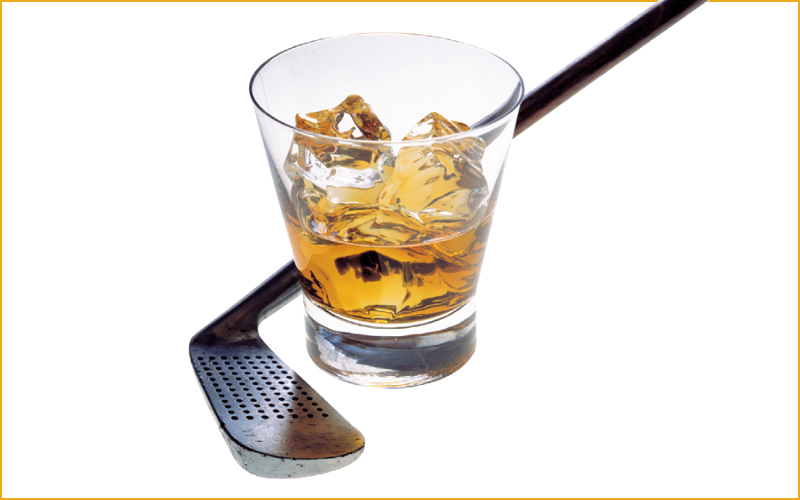The history of bourbon gives proof to its claim of being the native spirit of the United States. It all started in 1791, when Congress imposed a tax on whiskey production to help pay down the debt incurred during the War of Independence. The law proved especially unpopular with the Scotch and Irish settlers of Western Pennsylvania and the ensuing uprising, known as the Whisky Rebellion, took an army of 13,000 led by George Washington to quell. Afterward, to keep the peace, Washington offered incentives of free land for pioneers to move into the territory of Kentucky. One of the provisions of the deal required the growing of “native corn.” The crop quickly became a substitute for grain in the distillation of local whiskey—and so the unique flavor of bourbon was born. According to legend, the name also derived from a serendipitous quirk of chance. Reverend Elijah Craig, who hailed from Bourbon County, used old barrels marked with the name of his home area to transport his whiskey to market in New Orleans. The name stuck, and soon people were referring to the spirits from Kentucky as “bourbon.”
In 1964, Congress once again became part of bourbon lore, passing a resolution that refined its legal definition. It must be made from a mash that contains at least 51% corn, aged in charred new oak barrels for a minimum of two years and distilled under 160 proof. And while law does not stipulate that bourbon must come from Kentucky, most of it is produced in the Bluegrass State, where the limestone spring water is considered to have the perfect mix of minerals for creating its signature taste.
One of the founding fathers of bourbon was Jacob Beam, who settled in Kentucky in 1778, and the family recipe passed from generation to generation until 1919. Prohibition marked the first time since 1795 that a member of the Beam family was not involved in the making of bourbon. But when the law was repealed in 1933, Jim Beam rebuilt the family distillery by hand in just 120 days—and the rest is history. Today, Beam Global produces a wide range of sipping and mixing bourbons that reflects the rich heritage of the spirit.

